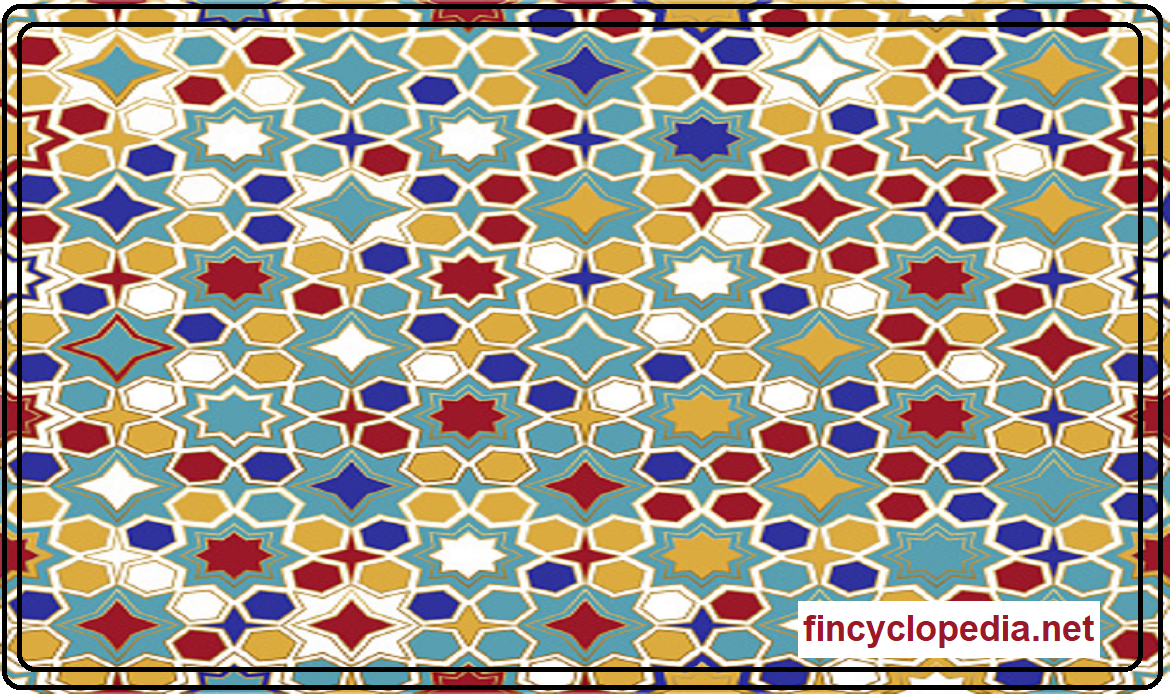In essence, fintech/ FinTech refers to the use of financial technology (such as smart phones and devices for online payment, financing, investing and money transfer services, crowdfunding, etc.) to satisfy the needs of those seeking financial services through more efficient and accessible and cheaper means in comparison with those provided by traditional financial institutions.
For example, it involves the financial technology that aims to bridge the gap between financial institutions and those seeking project financing. In this sense, it provides an alternative to traditional financial methods in the delivery of financial services. That is said, fintech is a tool and a general concept, that means there is no such a thing as Islamic fintech in as much as there is an “Islamic vehicle”, so to speak. However, the use of fintech in the area of Islamic finance might be dubbed broadly “Islamic fintech”: this involves both consumer-side and investment-side access to Shari’ah compliant products and services.
Fintech, especially blockchain technologies, can help streamline Islamic finance by facilitating transactions between institutions that apply different interpretations of Shari’ah. Moreover, entrepreneurs don’t have to achieve a minimum volume of business to qualify for an account. Virtually anyone, anywhere can safely and easily initiate and accept credit card payments, making it easier for “unbanked” consumers and businesses to function cost-effectively without the restrictions imposed by traditional banking and financial entities.





